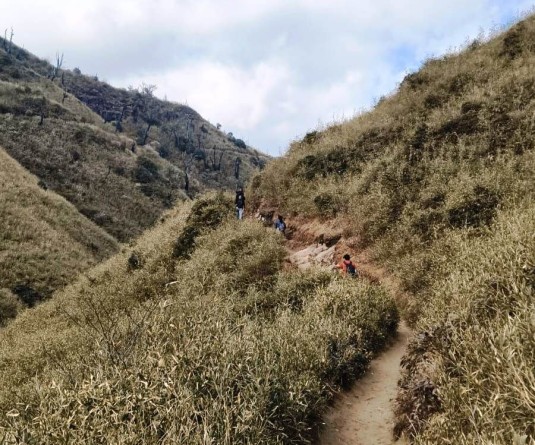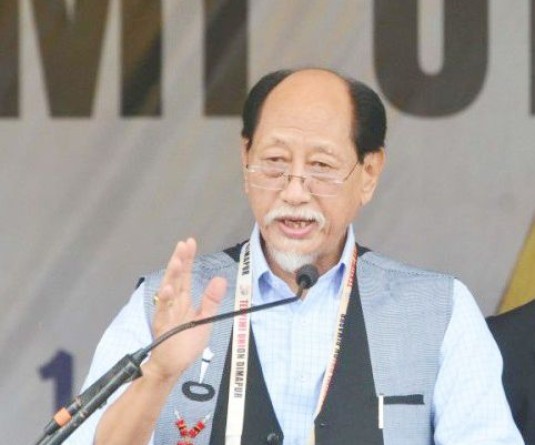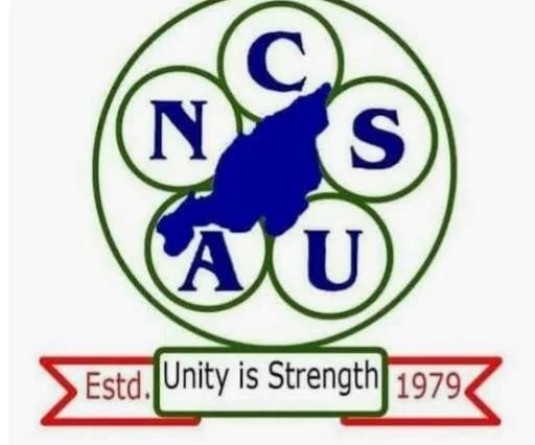
JICA-assisted Nagaland Forest Management Project launches new project
Morung Express News
Dimapur | September 23
The Nagaland Forest Management Project (NFMP) Society, with support from the Japan International Cooperation Agency (JICA), launched the Resource Organisation on Jhum and Biodiversity (ROJB) initiative. Hosted by the state’s Department of Environment, Forest and Climate Change, the new body was described as a dedicated institutional platform for research, policy advocacy, and knowledge sharing on traditional agriculture and the environment.
As part of the launch, a two-day workshop on the ROJB began in Dimapur on September 23, at Hotel Acacia, where delegates from various states and Nagaland, and JICA, India representative attended.
MLA and Advisor for Tribal Affairs and Elections, Tovihoto Ayemi delivered the inaugural address. He called the launch a “timely and visionary step forward” for a state gifted with rich forests and unique cultural traditions. According to him, Jhum or shifting cultivation practiced by the Nagas is often misunderstood as harmful. In reality, he held that it is a sustainable practice central to Naga identity— a system of life that has sustained food, community and culture for centuries.
However, Ayemi highlighted the urgent challenges now facing farmers, including “shorter fallow cycles, soils losing fertility, and biodiversity declining,” all exacerbated by climate change.
Ayemi stated that ROJB must be built on three pillars— strengthening customary stewardship by working with village institutions, promoting science by creating a hub where “traditional wisdom meets modern science,” and shaping inclusive government policies that include incentives for sustainable Jhum and the revival of local seed banks. “When the roots are deep, there is no reason to fear the wind,” he said, quoting a Naga proverb.
Ayemi also launched the official website and logo of the ROJB. Two Memoranda of Understanding (MoUs) were also signed with partner institutions for collaboration in research, policy development, and community engagement.
Takeuchi Takuro, Chief Representative of JICA India, described ROJB as a “commitment to the people of Nagaland” and a potential “regional catalyst.” He framed the initiative within the strong India-Japan special strategic and global partnership, which includes a shared commitment to a “next generation ecological legacy.” Takuro reported that the JICA-assisted NFMP has already resulted in 38,000 hectares of plantations and the formation of 429 self-help groups.
While highlighting the use of digital tools for monitoring, Takuro stressed that JICA's support extends beyond funding to include “technical cooperation, knowledge exchange, and long-term partnership,” noting that true transformation is driven by “human-to-human exchange.”
As a “Centre of Excellence,” ROJB's mission is to bridge knowledge gaps and support innovations that promote ecologically sound and socio-economically sustainable natural resource management. It will focus on providing practical, community-based solutions to improve soil fertility, conserve biodiversity, and secure local livelihoods.
A key feature of ROJB is its formal institutional arrangement to act as an interface, connecting government departments, academic institutions, NGOs, and village councils to promote collaborative action.






